Workshop Series on Wearable Interfaces for Natural Interaction
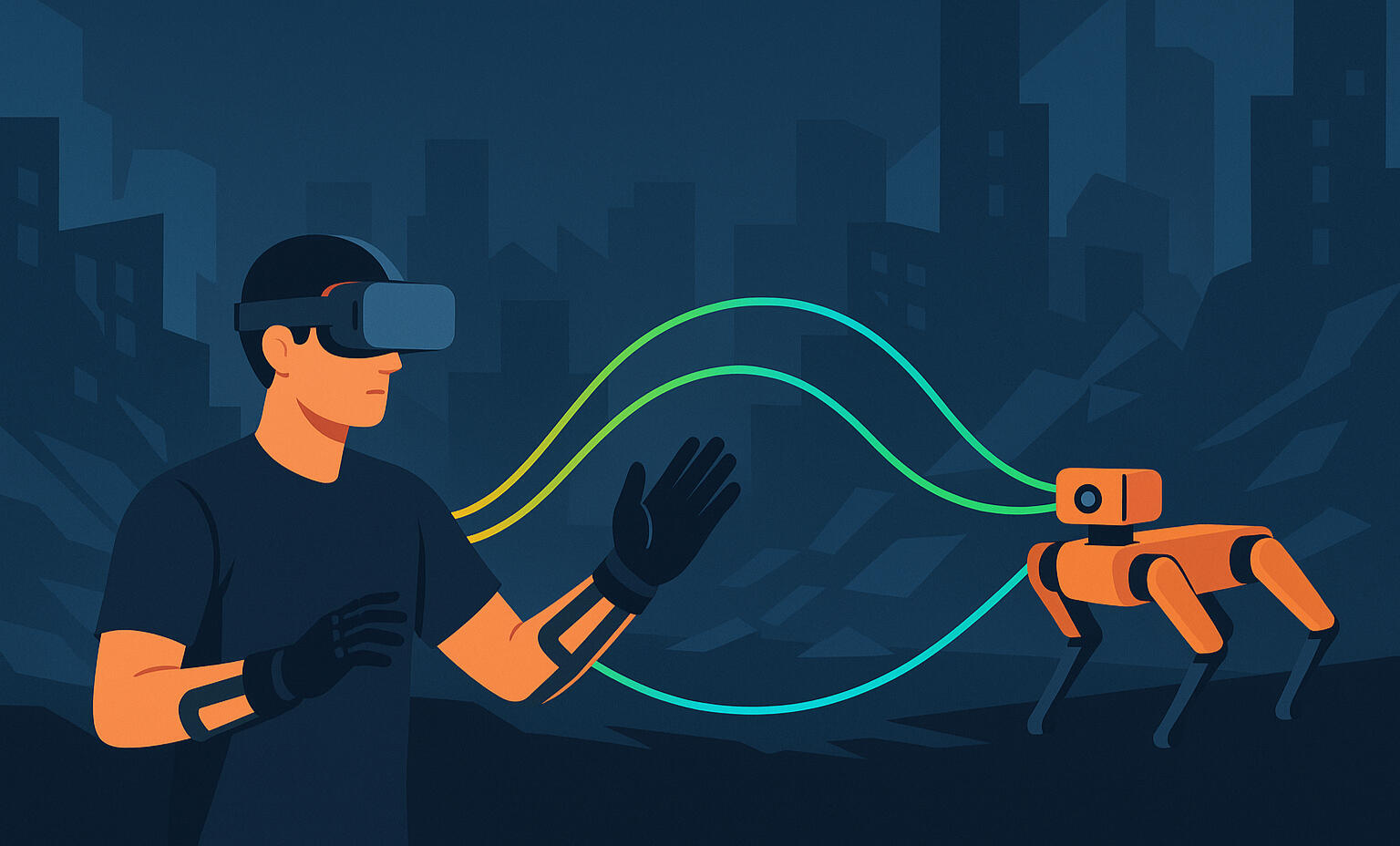
Wearable Teleoperation for Urban Search and Rescue:
Enhancing First Responder Capabilities through Natural Human-Robot Interaction
Stay tuned for information on this workshop!
Urban search and rescue (USAR) operations present demanding conditions in which first responders must navigate dangerous, debris-filled environments while making rapid decisions under severe time constraints. Recent developments in wearable technologies and human-robot interaction (HRI) open up new possibilities for natural and intuitive teleoperation interfaces tailored to the needs of emergency response. In this workshop, experts in wearable computing, robotics, human-computer interaction (HCI), and disaster response explore how such interfaces can support more effective HCI in USAR scenarios. Through presentations, hands-on prototyping sessions, and subsequent discussions, we aim to derive actionable design principles, identify technical challenges, and develop accessible prototyping strategies for wearable emergency response teleoperation systems. The workshop also addresses current limitations in standardization, validation, and field deployment of wearable technologies in these high-stakes operational contexts, where robust and intuitive collaboration is paramount.
Topics
- Teleoperation
- Robotics
- Wearable Sensors
- Human-Computer Interfaces
- Interaction Design
- Urban Search and Rescue
Organizers
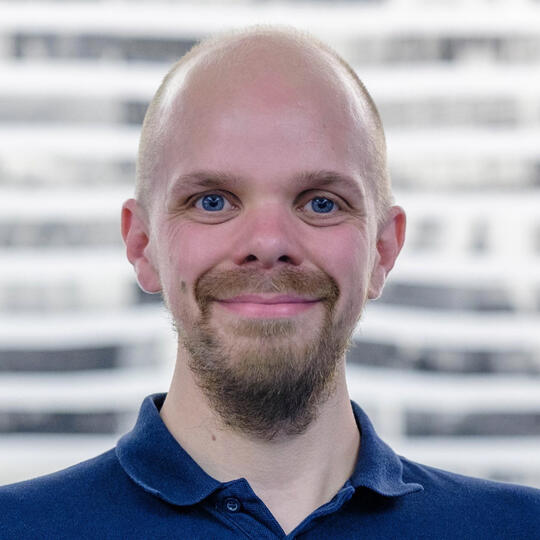
Max Pascher
www.maxpascher.de
TU Dortmund
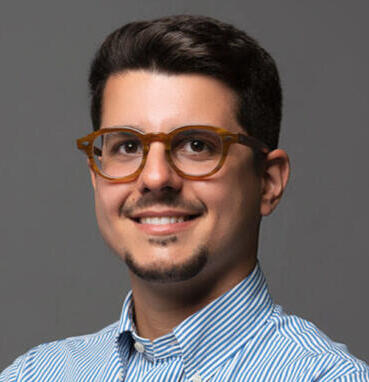
Giuseppe Sanseverino
www.giuseppesanseverino.net
Chemnitz University of Technology
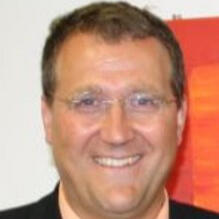
Hartmut Surmann
www.hartmut-surmann.de
Westphalian University of Applied Sciences

Lewis Chuang
www.tu-chemnitz.de/phil/imf/mut/prof.php
Chemnitz University of Technology
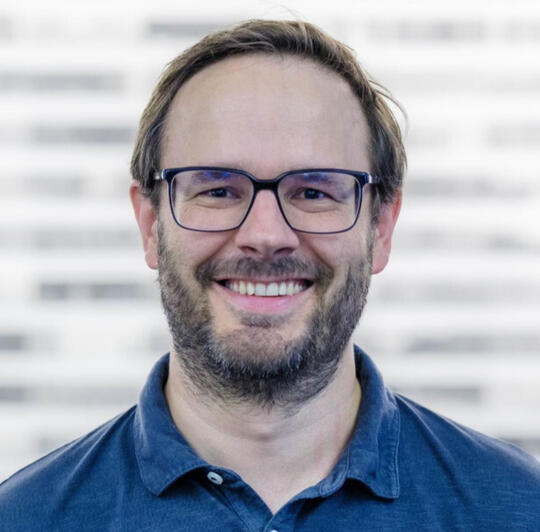
Jens Gerken
www.ihri.reha.tu-dortmund.de/research-unit/team/jens-gerken/
TU Dortmund
Stay tuned for our next call for participation!
The program for the workshop will be made available at a later stage.
Previous Editions
Here you can find a list of previous editions of our workshop.
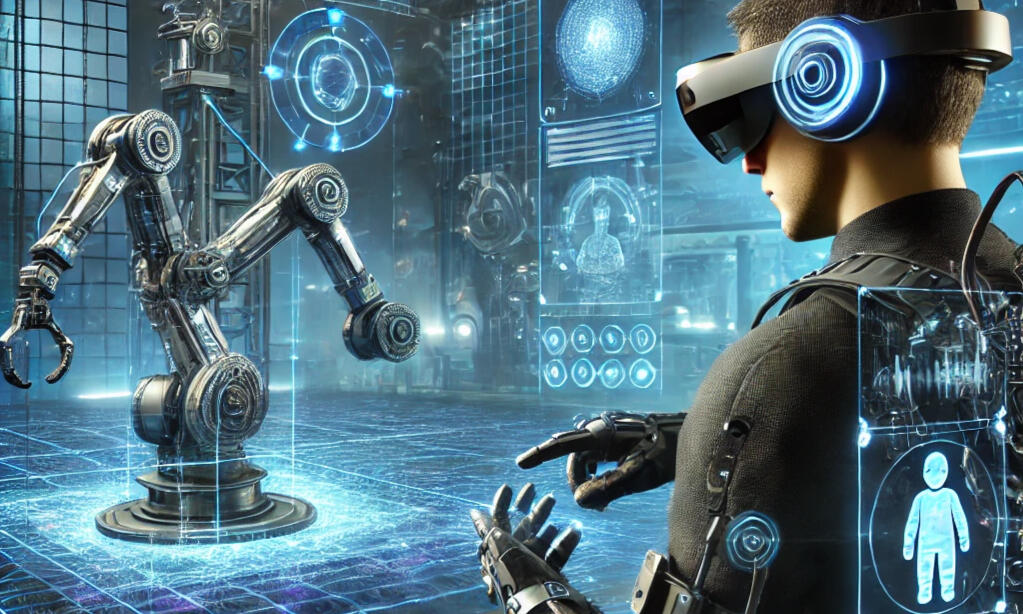
MCI-WS10 Teleoperation Redefined:
Exploring Wearable Interfaces for Natural Interaction
MuC25 - Overview
The increasing presence of computers, robots, and otherware in daily life and workplaces is transforming human-computer interaction (HCI), leading to critical questions about collaboration, trust, and control interfaces. Despite their efficiency, these systems are often controlled by interfaces that are complex for the human operator to understand, thus leading to poor, unnatural interaction. Wearable sensor technologies offer a promising alternative by enabling more natural, adaptive, and multimodal interaction paradigms. However, despite their potential, wearable interfaces face significant challenges, including a lack of validation, limited standardization, and the absence of accessible prototyping tools. This workshop gathers experts in interface design, robotics, wearables, and teleoperation to explore strategies for simplifying and accelerating the prototyping process. Through expert presentations and a hands-on prototyping session, the workshop aims to define key design principles, address technical challenges, and promote accessible prototyping strategies, ultimately advancing wearable interaction design in HCI and teleoperation.
Important Dates
Submission deadline: June 10th 2025
Notification deadline: July 8th 2025
Final submission: July 16th 2025
Topics
- Teleoperation
- Robotics
- Wearable sensors
- Human-Computer Interfaces
- Interaction design
Organizers
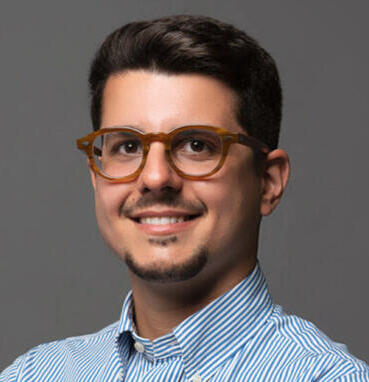
Giuseppe Sanseverino
www.giuseppesanseverino.net
Chemnitz University of Technology
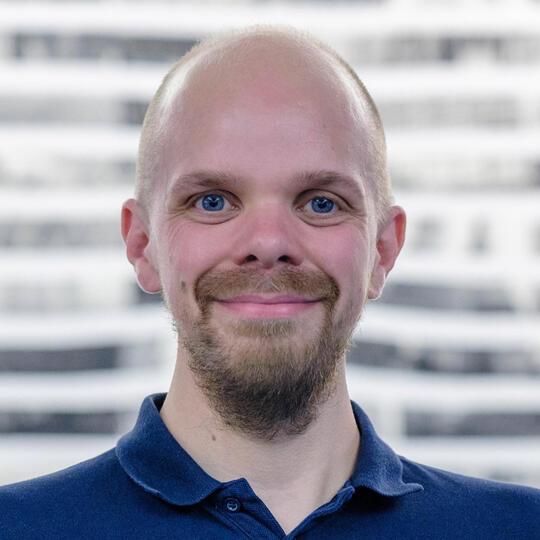
Max Pascher
www.maxpascher.de
TU Dortmund

Lewis Chuang
www.tu-chemnitz.de/phil/imf/mut/prof.php
Chemnitz University of Technology
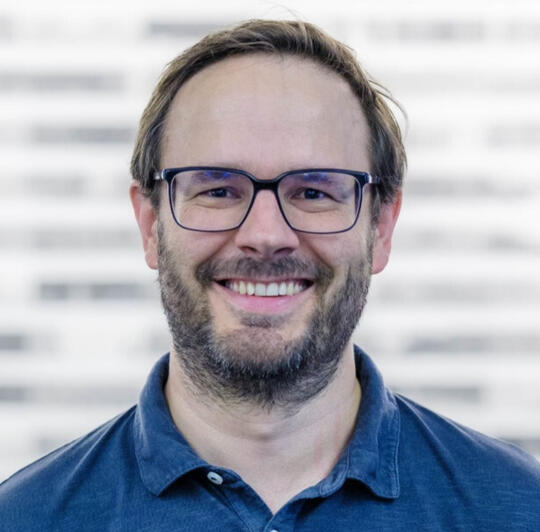
Jens Gerken
www.ihri.reha.tu-dortmund.de/research-unit/team/jens-gerken/
TU Dortmund
MuC25 - Call for Participation
Wearable interfaces are redefining teleoperation by enabling adaptive, multimodal, and intuitive interactions between humans and systems. However, their real-world application presents challenges, including real-time processing, multimodal input integration, and system safety. To explore these issues, we invite researchers and practitioners to join our half-day workshop at MuC 2025. We seek engaged participants from fields such as HRI, HCI, robotics, teleoperation, machine learning, cognitive science, and ethics to contribute diverse perspectives on wearable interaction design. We encourage the submission of 2–4 page position papers or case studies, presenting ongoing research, technological challenges, or future directions in this area. Selected contributors will play an active role in the experts talks session, shaping key debates on usability, adaptability, and the future of wearables in human-machine interaction. All accepted submissions will be published in the GI Digital Library. Papers must be submitted via ConfTool in accordance with the MuC Workshop Proceedings format and ACM accessibility guidelines. Submissions will be reviewed based on relevance and potential to drive discussion. Beyond presentations, the workshop provides a platform for collaboration, knowledge exchange, and networking.
MuC25 - Invited Speakers
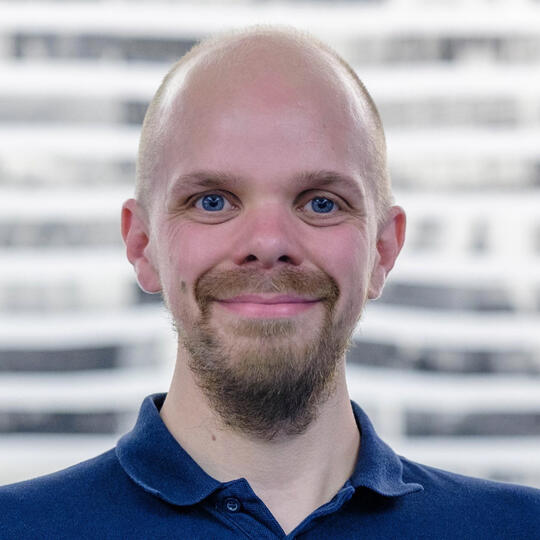
Dr. Max Pascher
TU Dortmund
Research Topics: Interface Design | Human-Robot Interaction | Assistive Technologies
Short BioMax Pascher is a postdoctoral researcher at TU Dortmund University, working at the intersection of AI, robotics, and human-machine collaboration. His research explores intelligent shared control, extended reality (XR), and adaptive systems to enhance Human-Robot Interaction.
He develops novel interfaces to support intuitive, efficient, and safe cooperation between humans and autonomous systems.
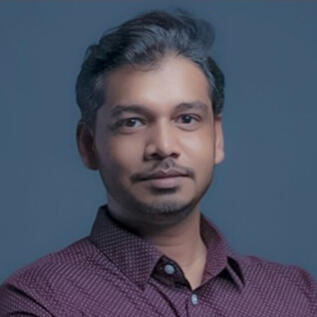
Dr. Rajarajan Ramalingame
NanoSen GmbH
Research Topics: Wearable sensing | Polymer Nanocomposites
Short BioDr. Rajarajan Ramalingame is CEO and Co-Founder of NanoSen GmbH, specializing in ultra-thin polymer nanocomposite (PNC) force sensors. His research focuses on nanomaterials, thin film deposition, and scalable sensor manufacturing technologies. He developed NanoSen’s core technology while at Chemnitz University, bridging advanced materials science with industrial application.

M.Eng. Alessandro Genua
Sant'Anna School of Advanced Studies Pisa
Research Topics: Modelling & Simulation | Teleoperation
Short BioAlessandro Genua is a PhD candidate in Emerging Digital Technologies at the Sant’Anna School of Advanced Studies in Pisa. He earned his Mechanical Engineering degree at the University of Napoli Federico II, completing his master’s thesis during an internship at TU Dresden’s Chair of Machine Tool Development and Adaptive Controls. His research focused on modelling and simulating parallel robots, also contributing to a digital twin of the human body. After a year-long research scholarship at TU Chemnitz, Alessandro moved to Pisa. His current work involves designing and developing teleoperation interfaces, particularly manipulators, with a focus on parallel manipulators (e.g., pentapods, 3RSR) and human–robot interaction.
MuC25 - Program
The following workshop program is for indicative purposes only and may be subject to change.
| Time | Activity |
|---|---|
| 09:00 - 09:15 | Welcome and Introduction to the Workshop |
| 09:15 - 09:45 | Introductory Talk: Requirement analysis and concept generation Prof. Lewis Chuang |
| 09:45 - 10:00 | Coffee Break |
| 10:00 - 10:30 | Experts Talks |
| 10:30 - 12:00 | Hands-on Dession: Build your Wearable Controller |
| 12:00 - 12:30 | Wrap up, Conclusions, and Feedback |
| 12:30 | End |